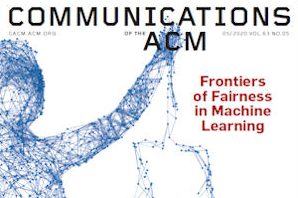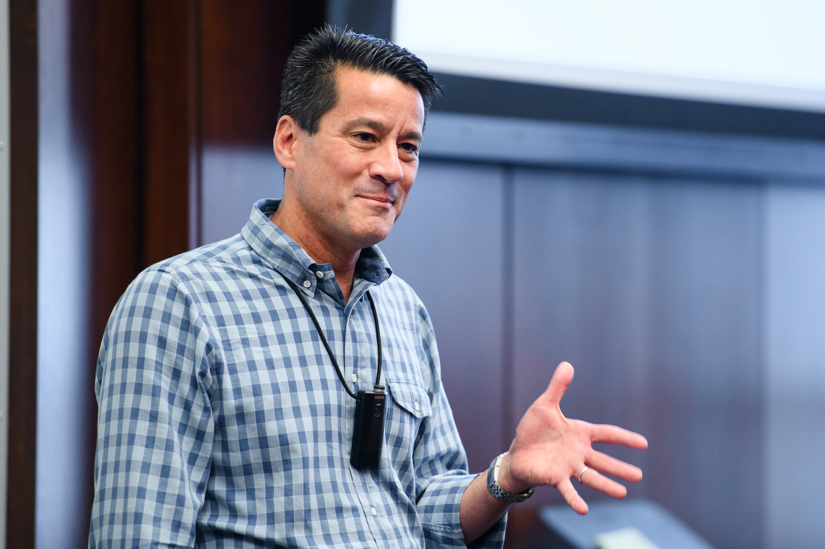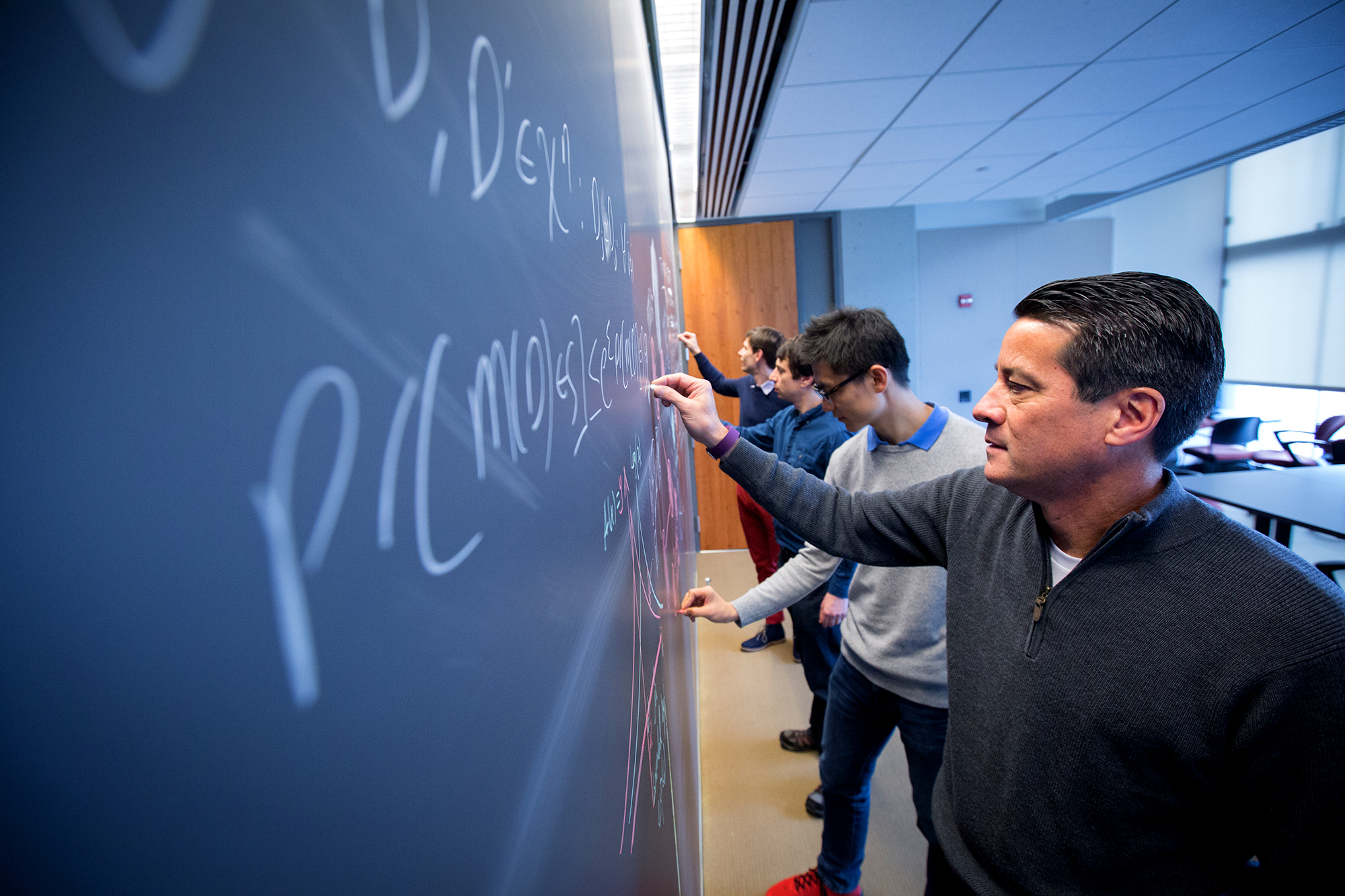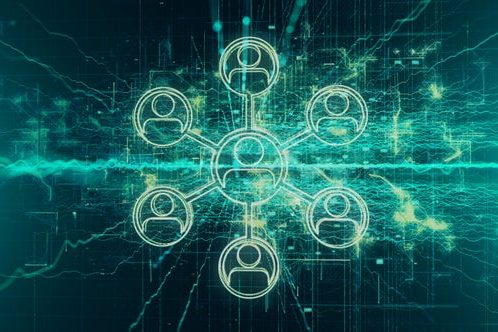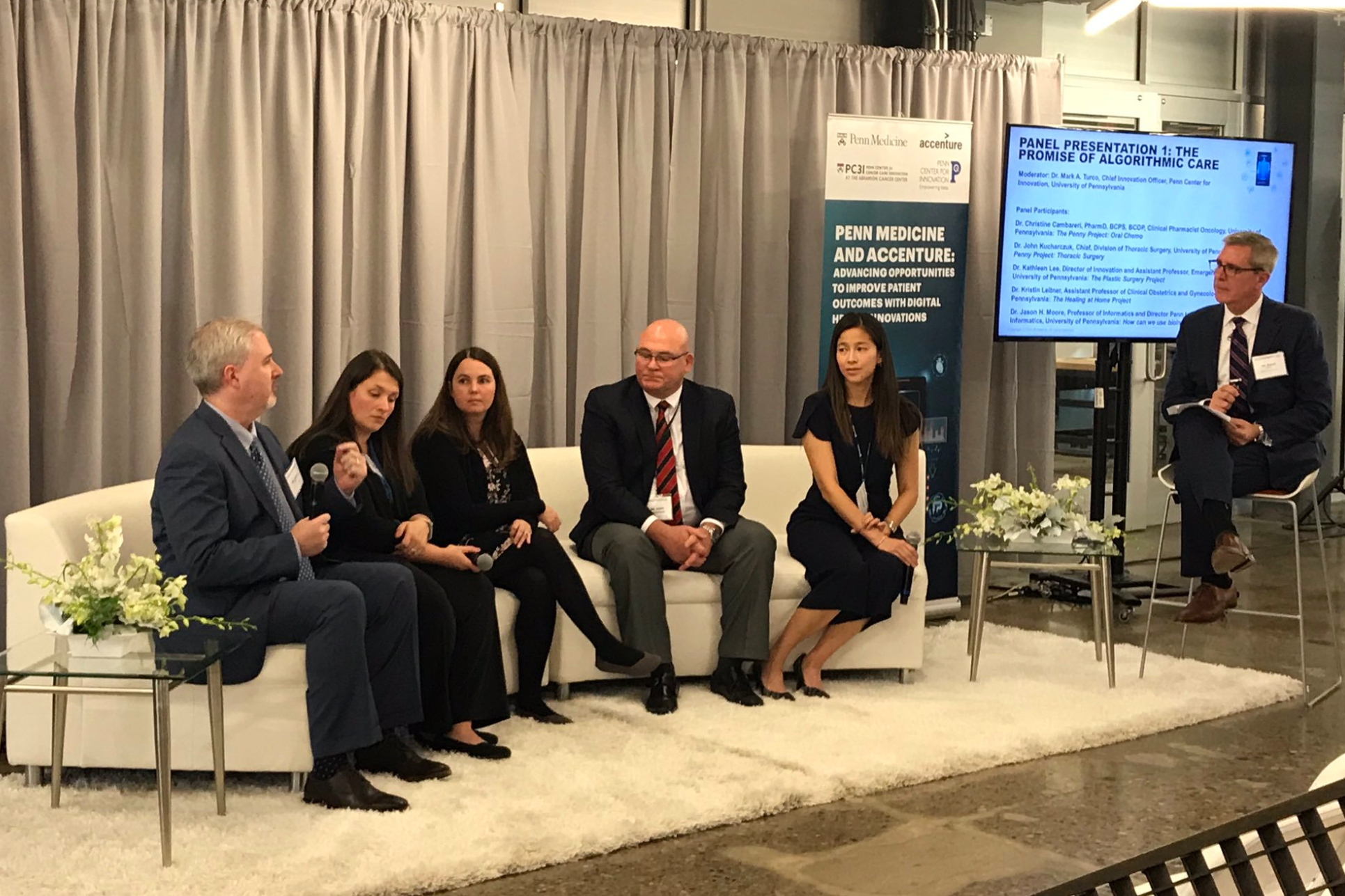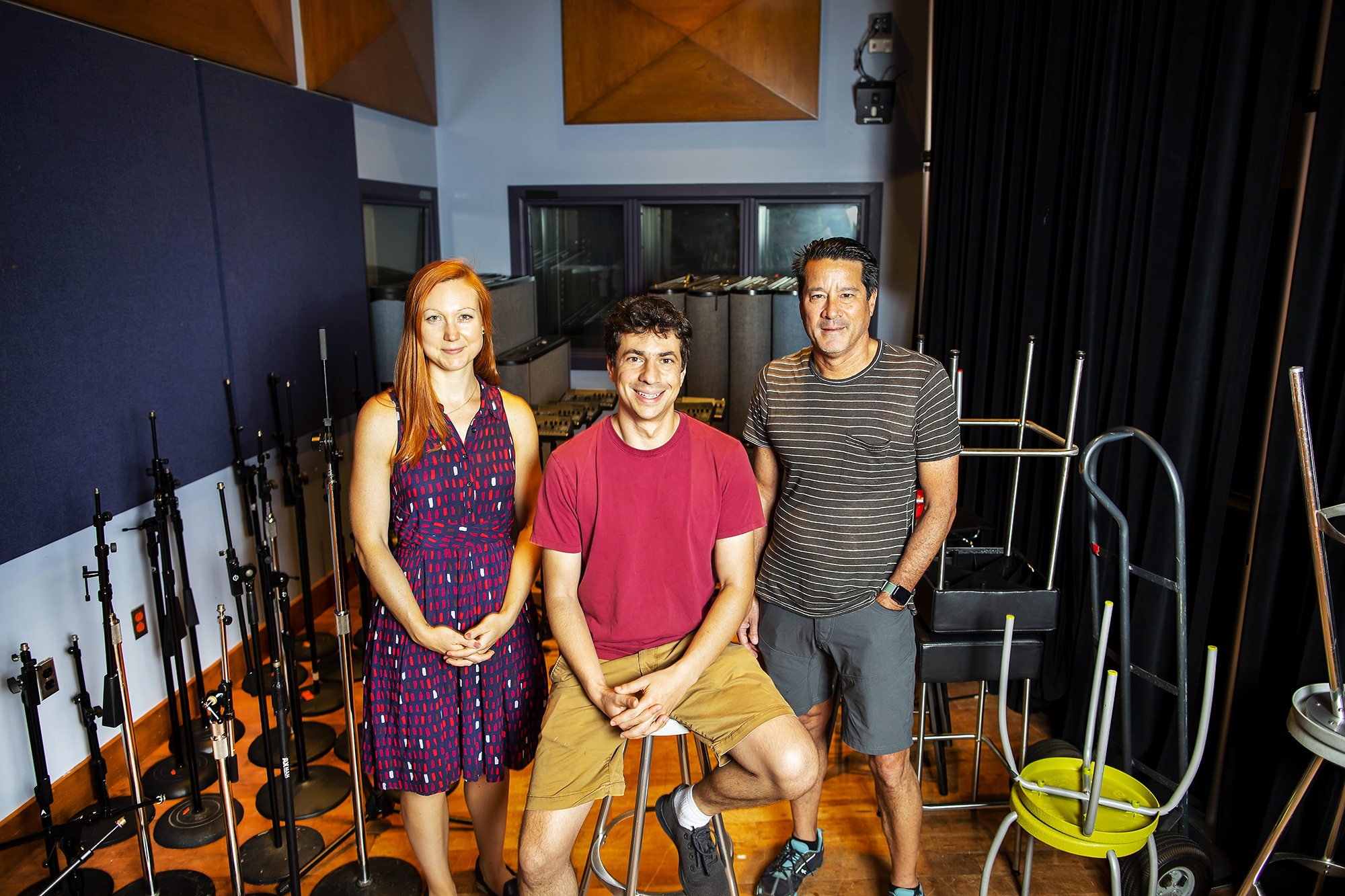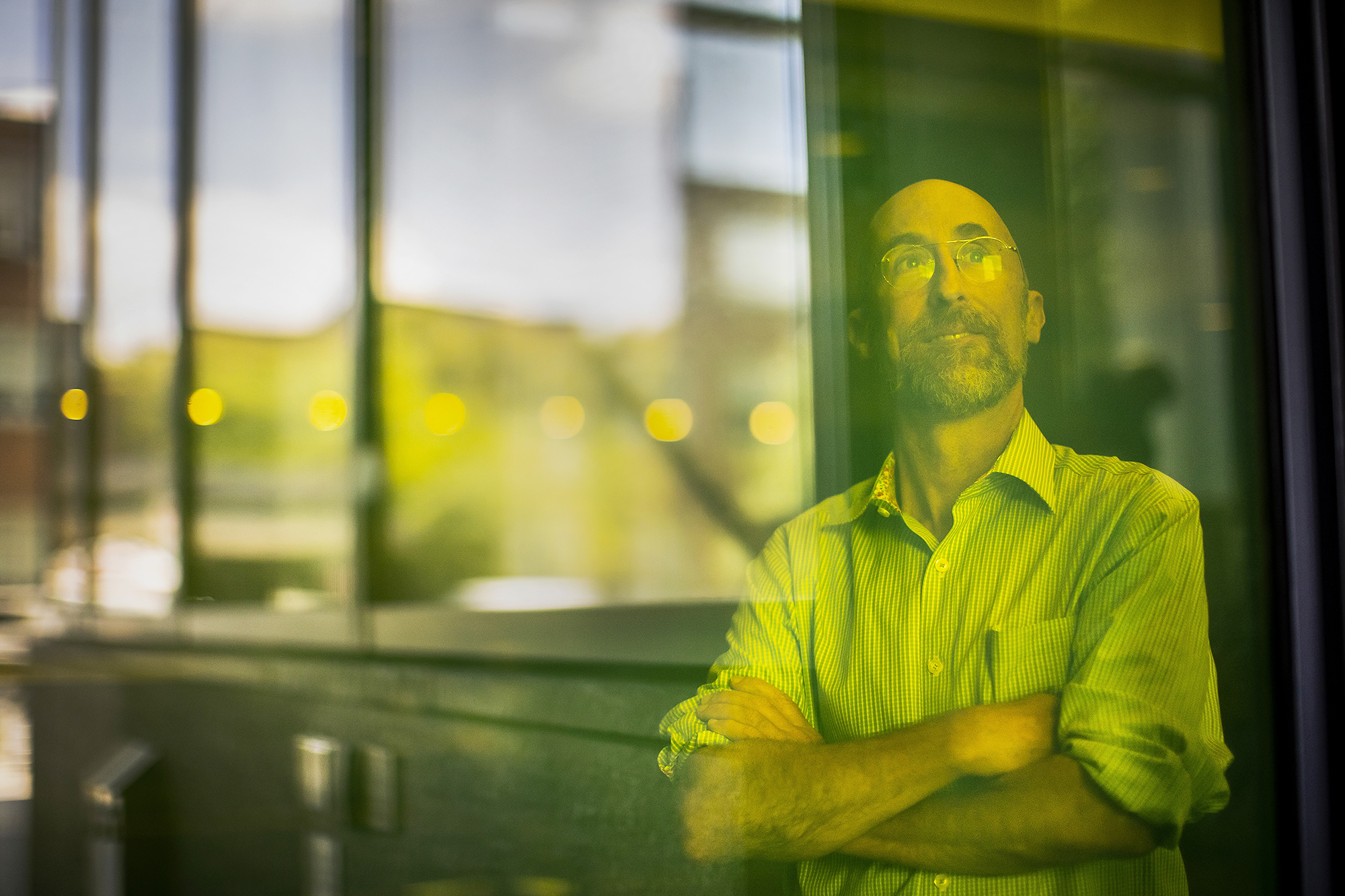
Can contact tracing stop the spread of COVID-19?
Michael Kearns and Aaron Roth discuss how contact tracing works, the differences between traditional ‘analog’ and new ‘digital’ approaches, and how these two strategies could shape what everyday life looks like in the next phase of the pandemic.
